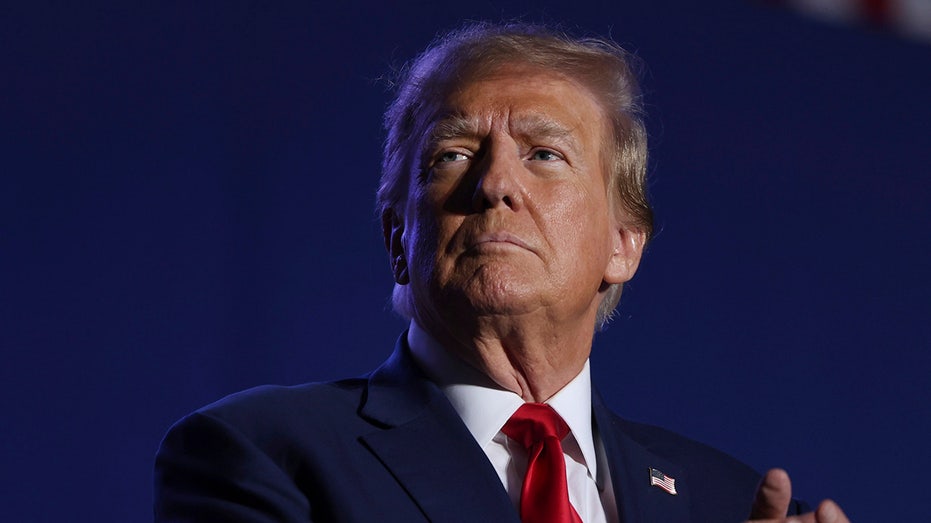The Supreme Court on Friday declined to issue an expedited ruling on whether former President Donald Trump has immunity from prosecution related to the 2020 election interference case.
Appellate courts are hearing the immunity case, but the Supreme Court ruled Friday that it would proceed as normal.
Trump’s criminal trial in Washington, D.C. was scheduled to begin on March 4, but it’s unclear if the Supreme Court ruling will force a delay. Special Counsel Jack Smith initially asked the Supreme Court to expedite arguments in the presidential immunity case.
The U.S. Court of Appeals for the D.C. Circuit has already indicated it would expedite its consideration of the immunity case.
Trump’s legal team earlier this week filed a written response to Smith’s request, urging the Supreme Court not to rush things.
“This appeal presents momentous, historic questions,” the brief stated. “An erroneous denial of a claim of presidential immunity from criminal prosecution unquestionably warrants this Court’s review. The Special Counsel contends that ‘[i]t is of imperative public importance that respondent’s claims of immunity be resolved by this Court.’
TRUMP IS NOT IMMUNE FROM CIVIL LAWSUITS RELATED TO JAN. 6, FEDERAL APPEALS COURT RULES
“That does not entail, however, that the Court should take the case before the lower courts complete their review. Every jurisdictional and prudential consideration calls for this Court to allow the appeal to proceed first in the D.C. Court.”
Trump is charged with conspiracy to defraud the United States, conspiracy to obstruct an official proceeding, obstruction of and attempt to obstruct an official proceeding and conspiracy against rights.
























